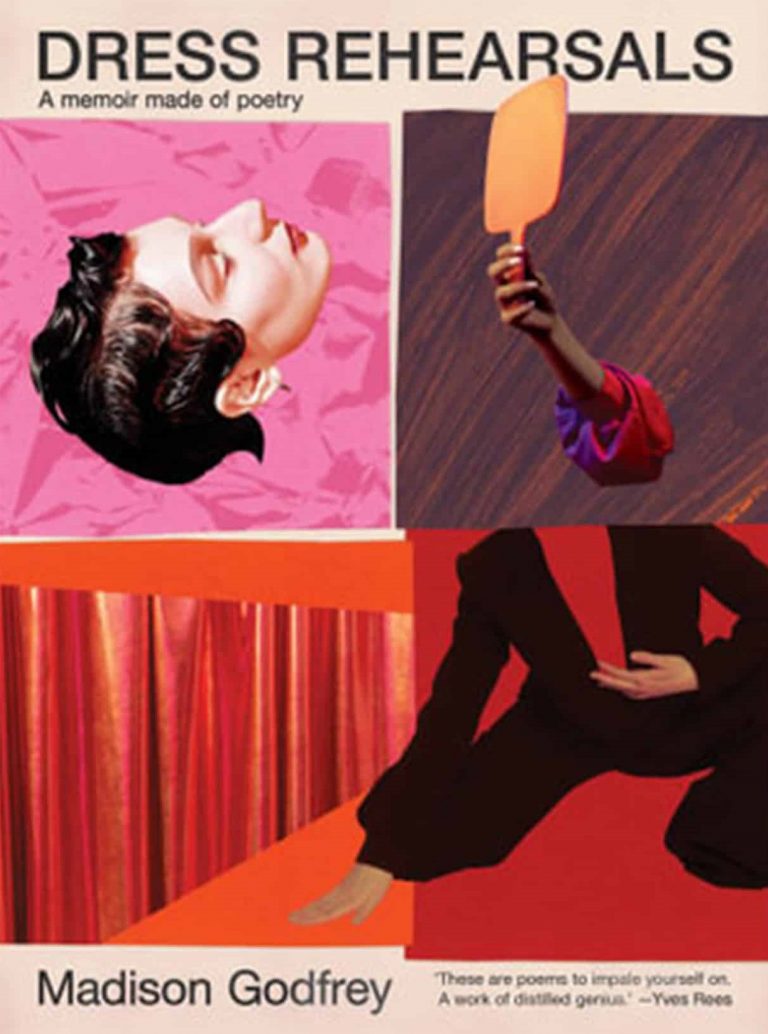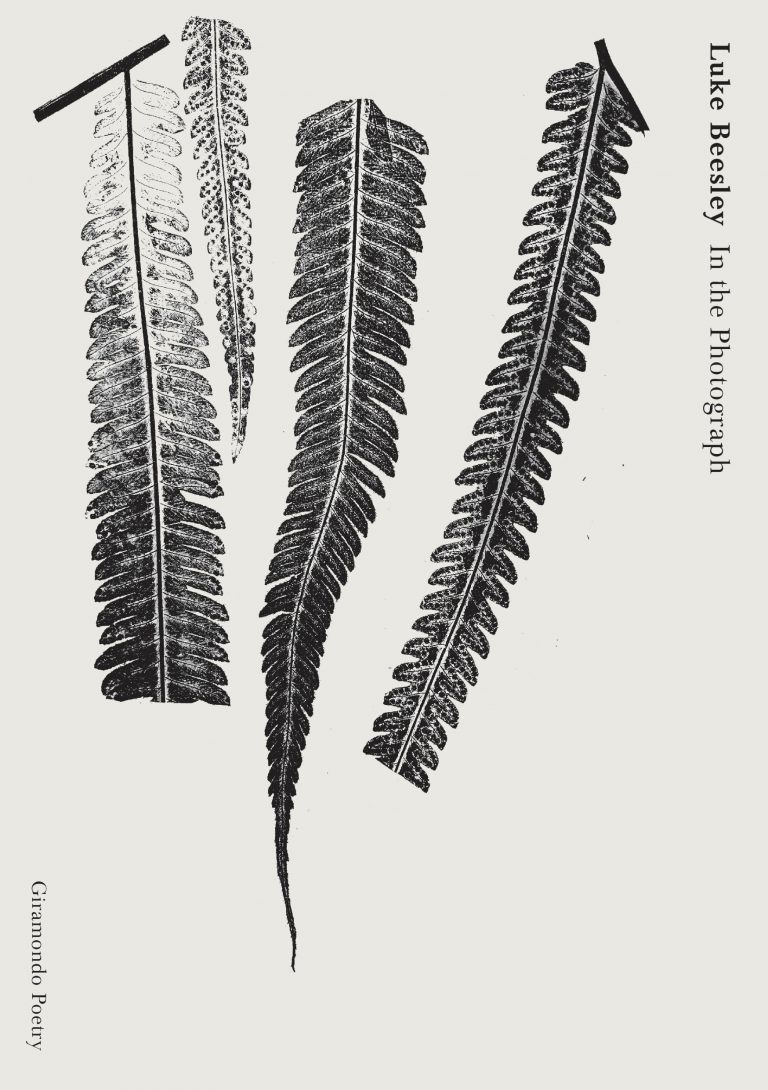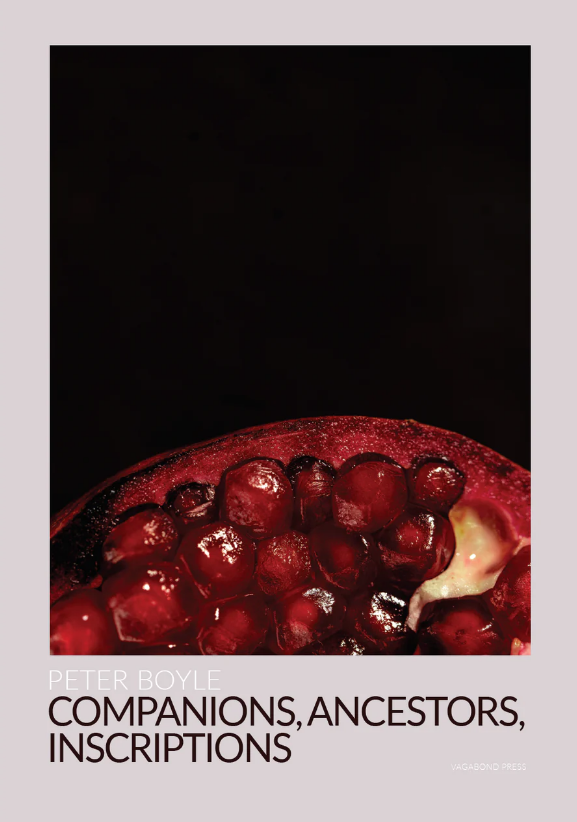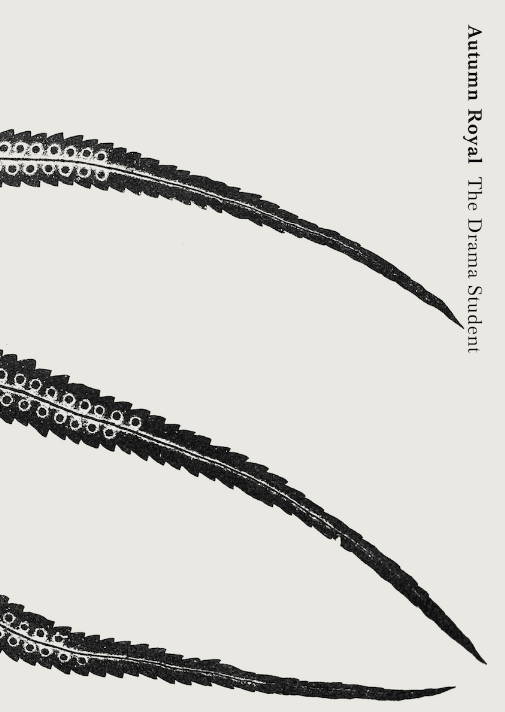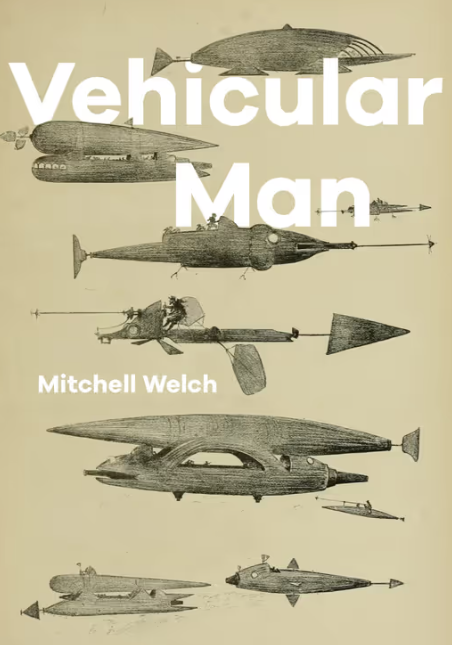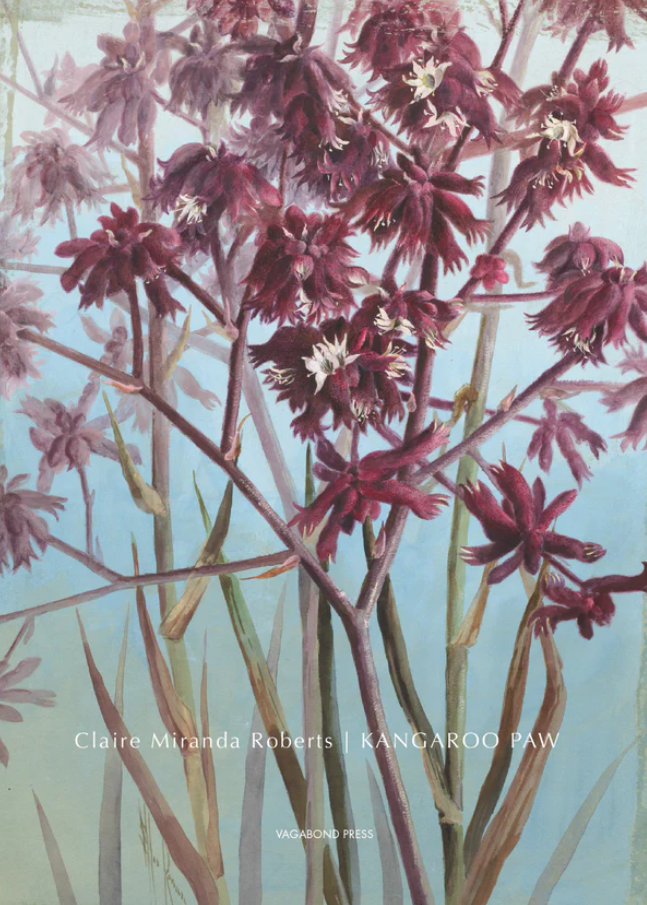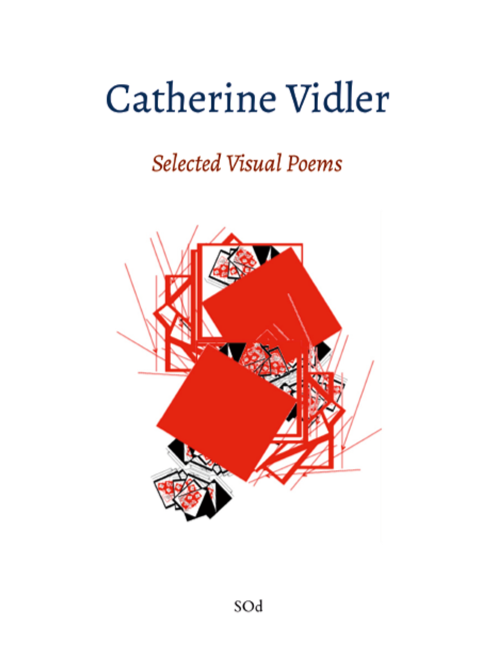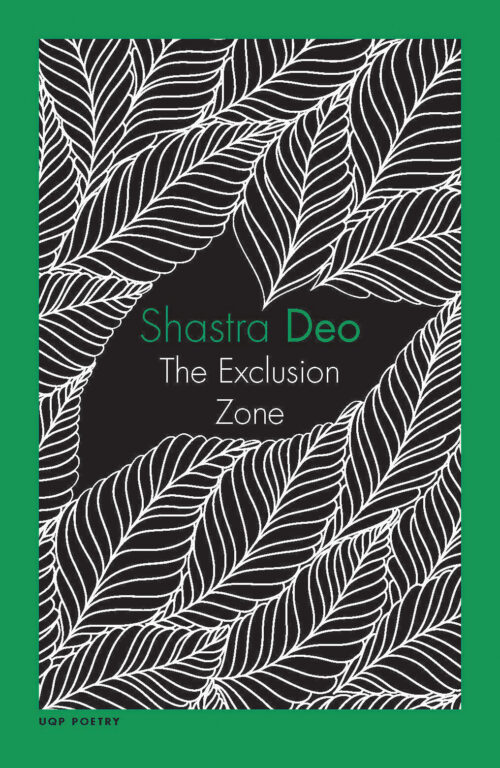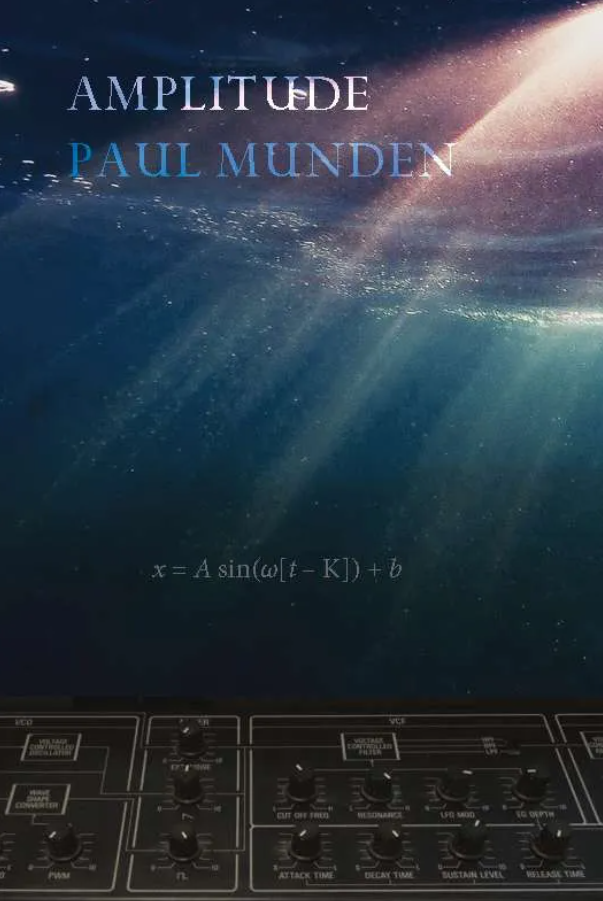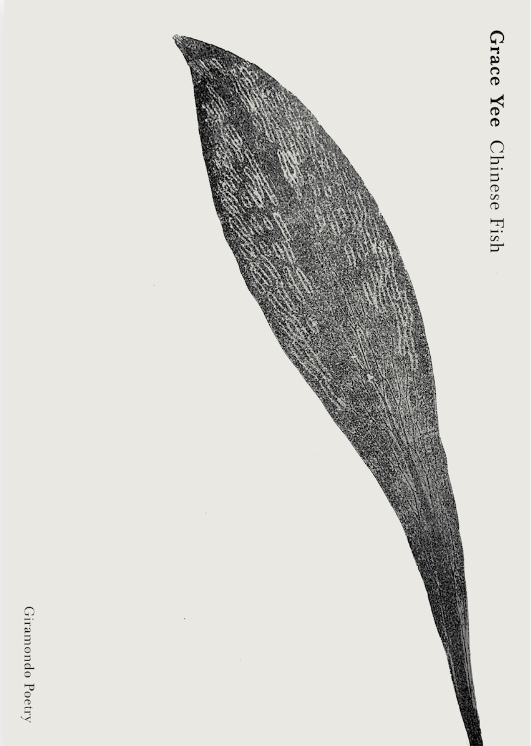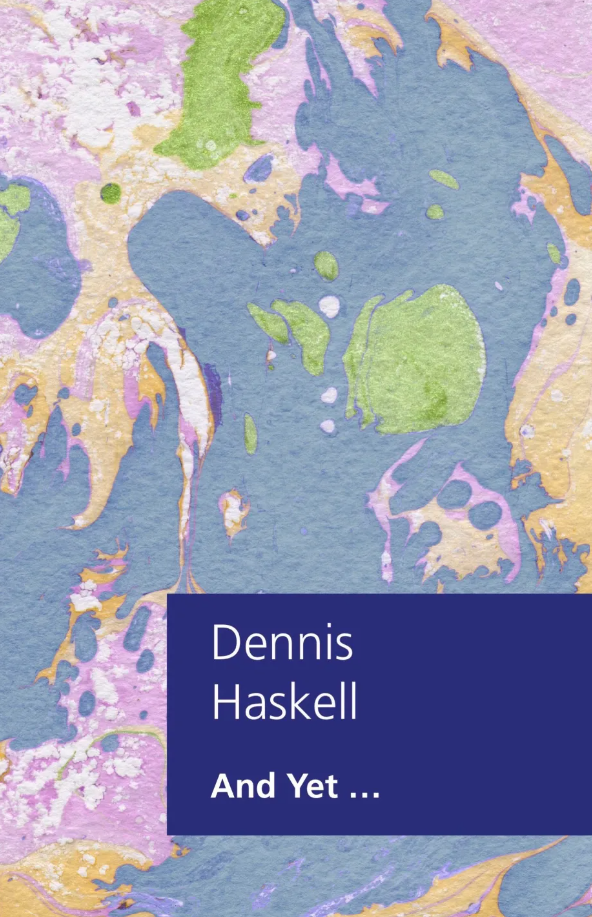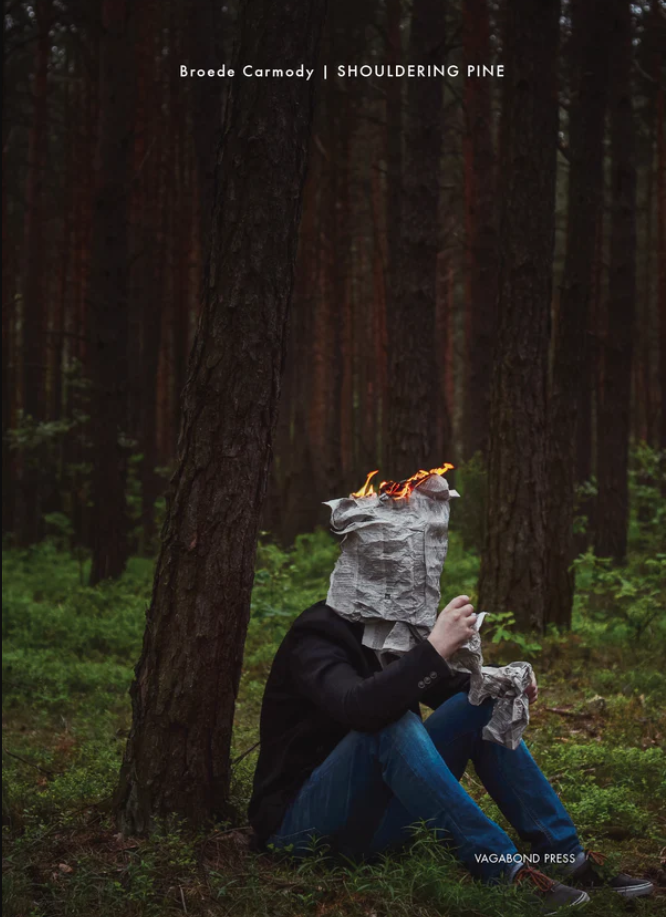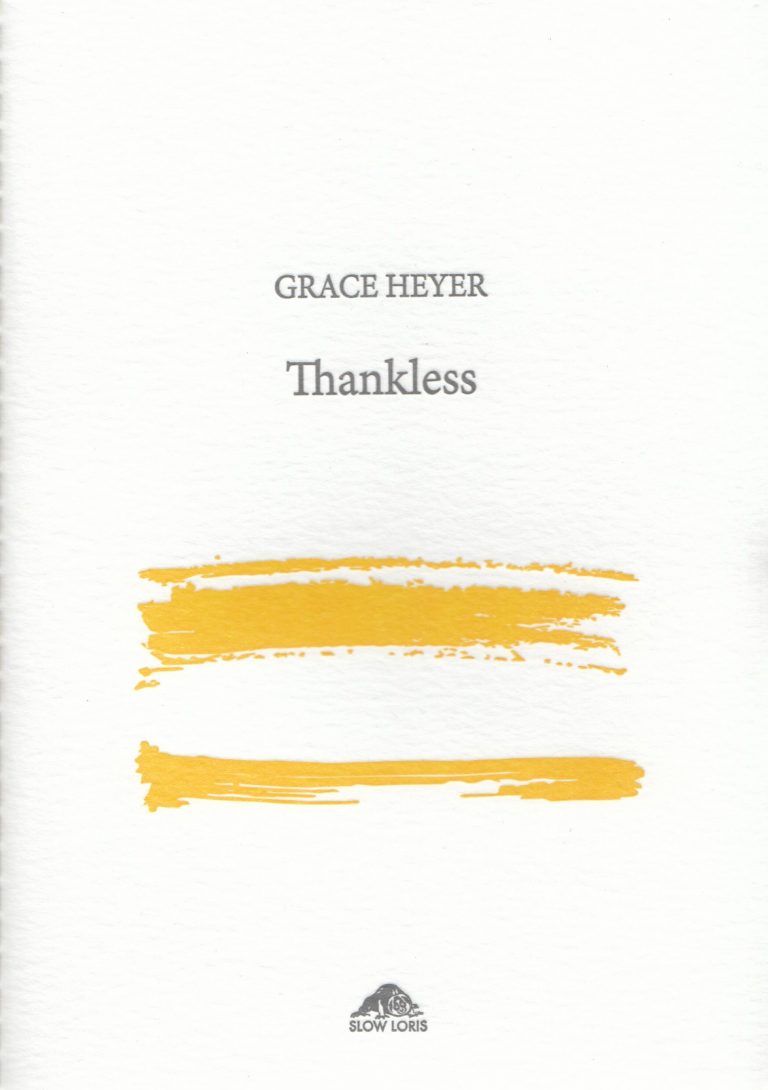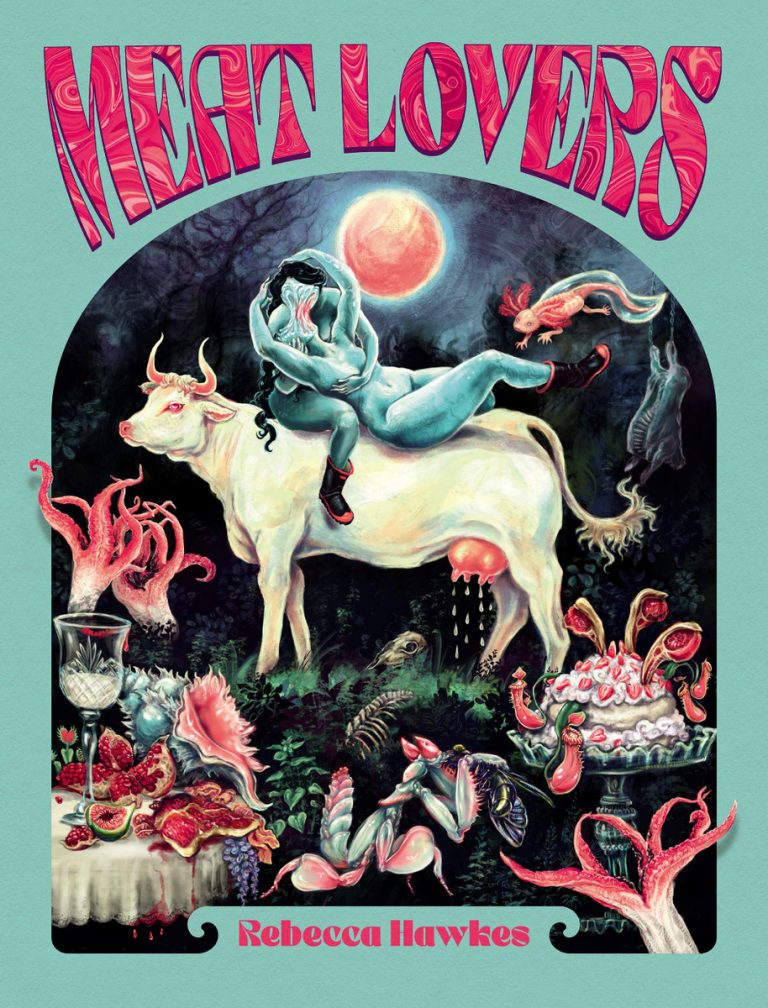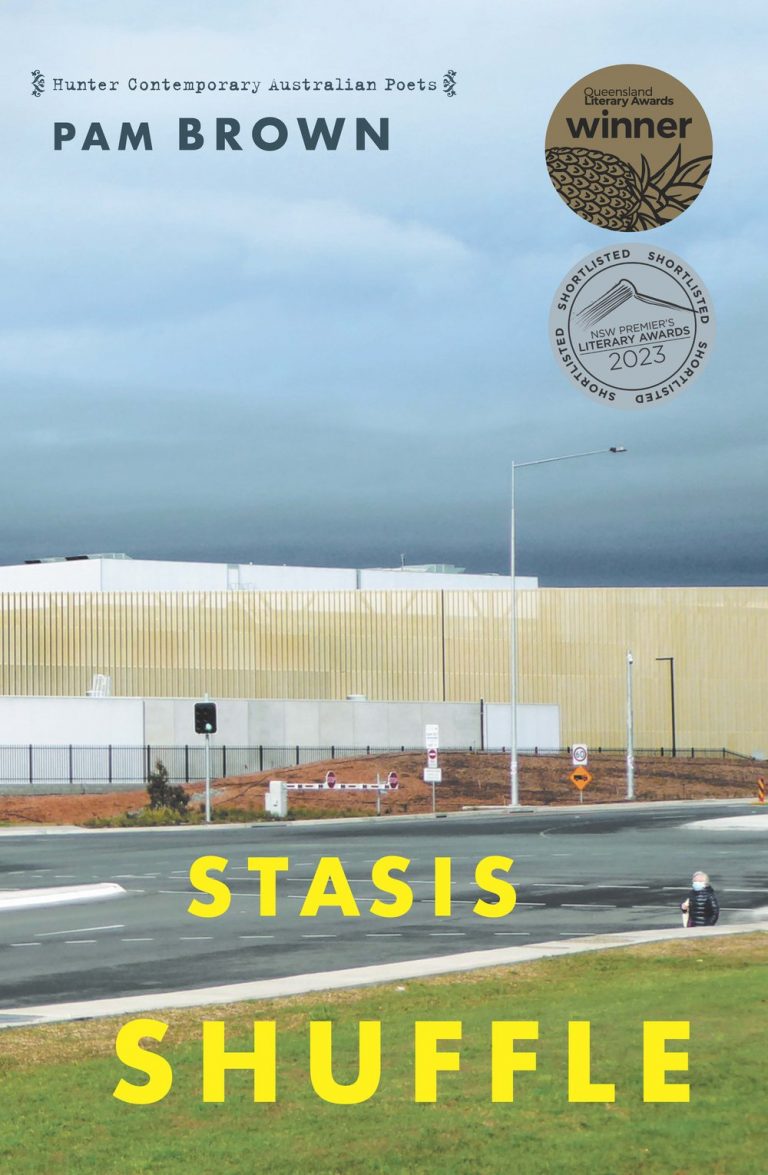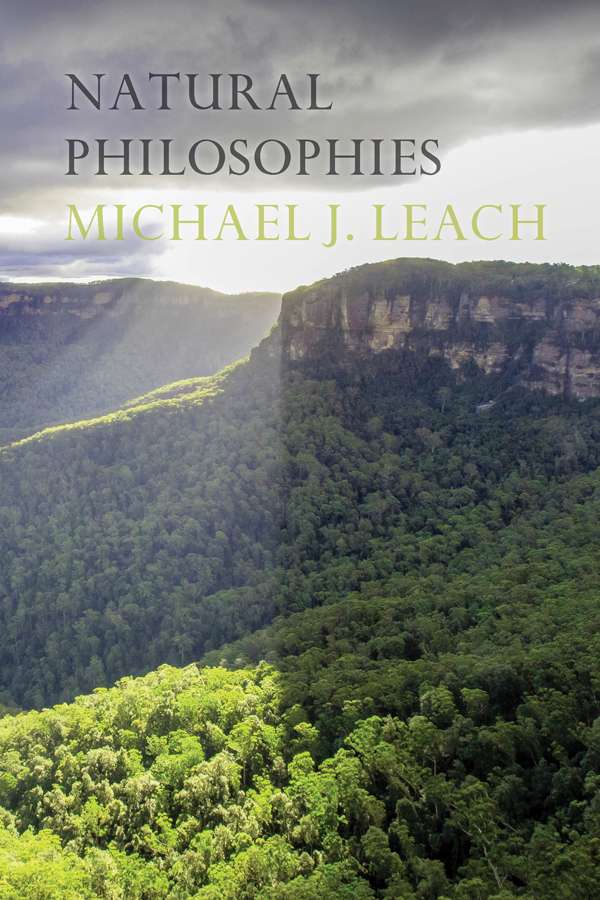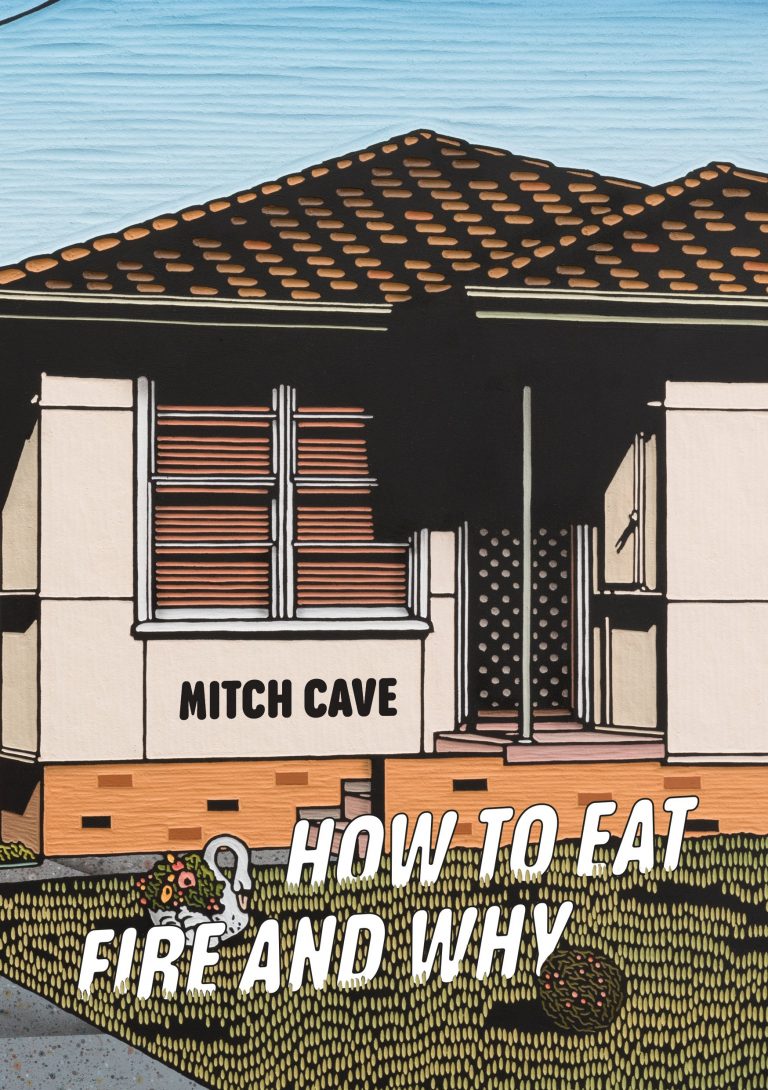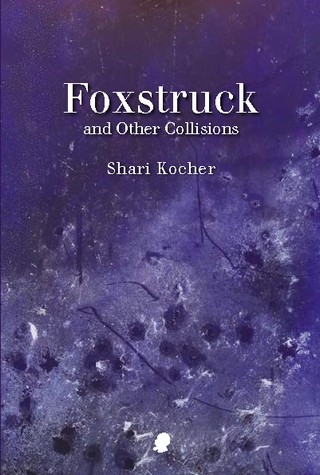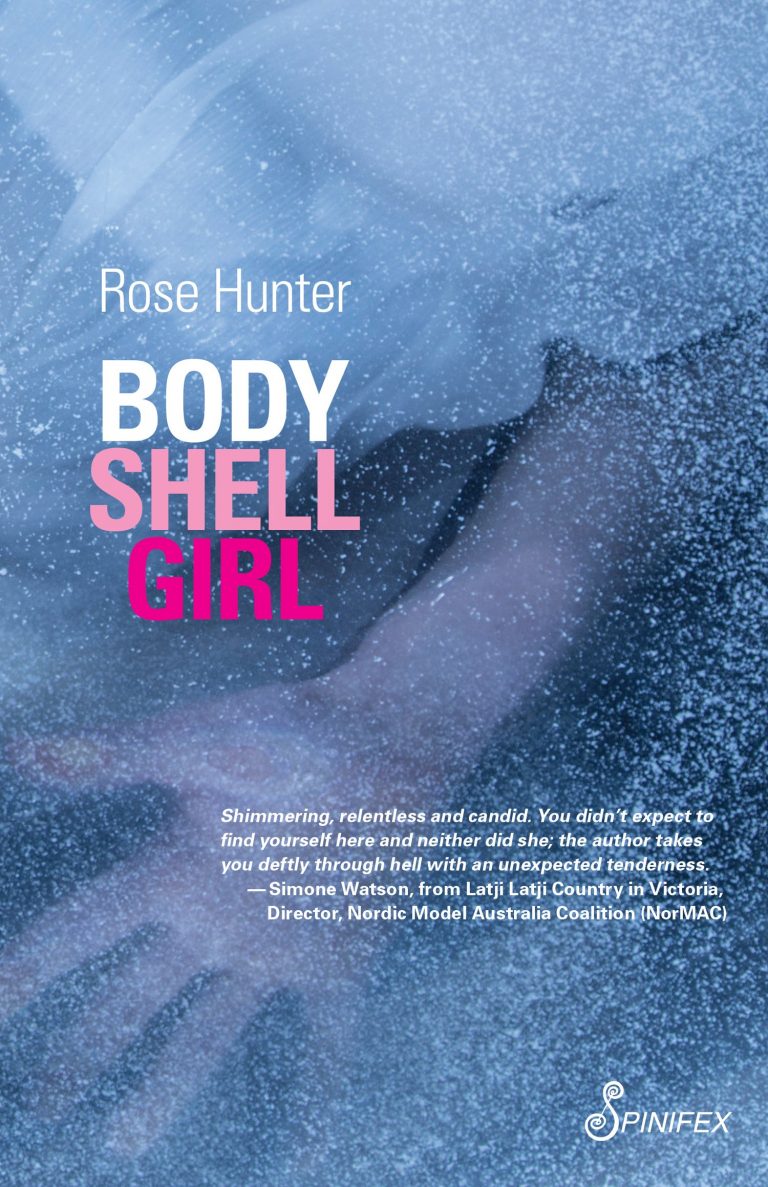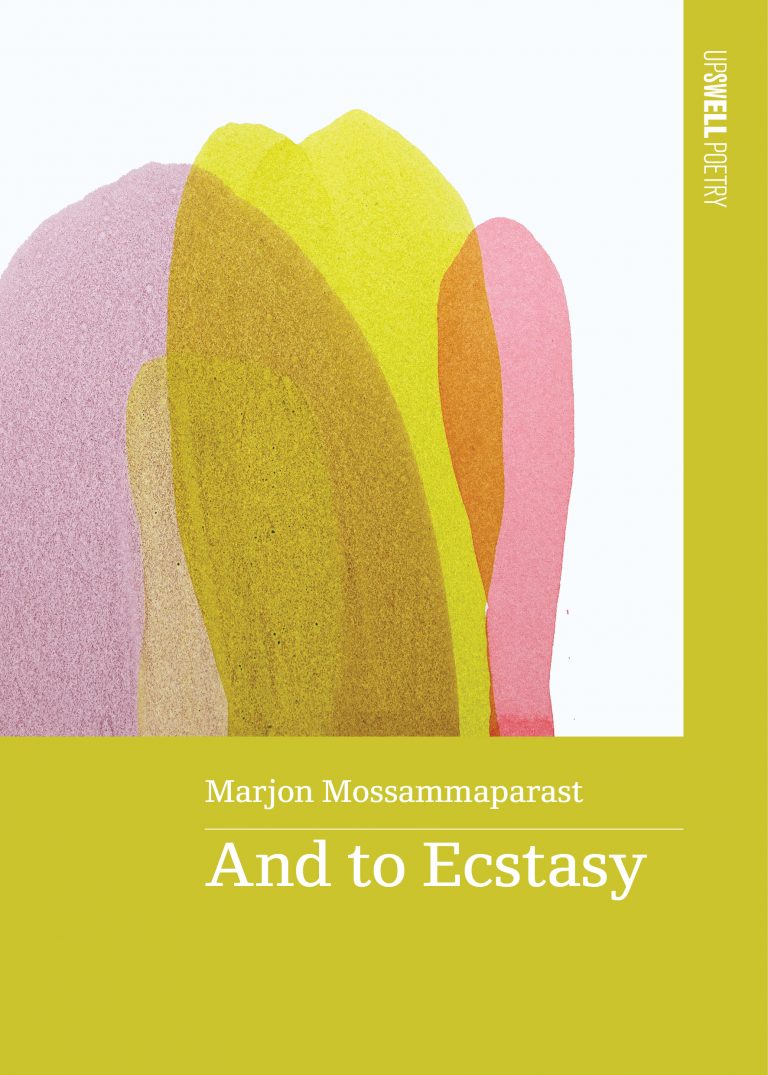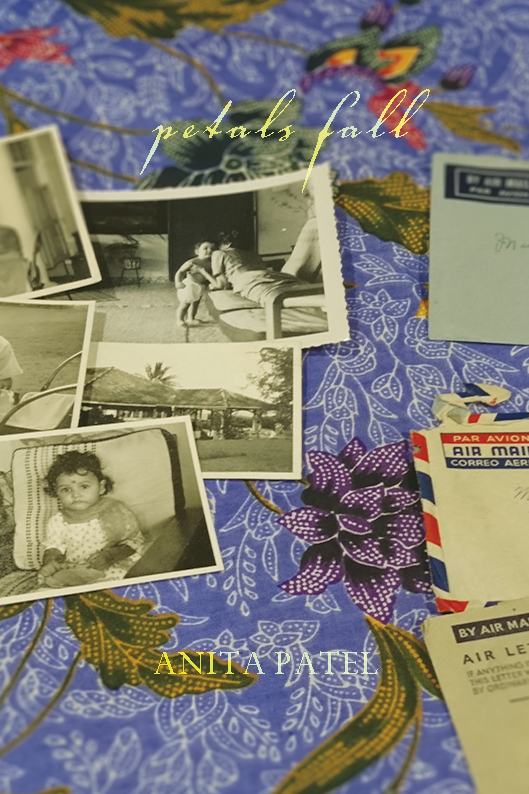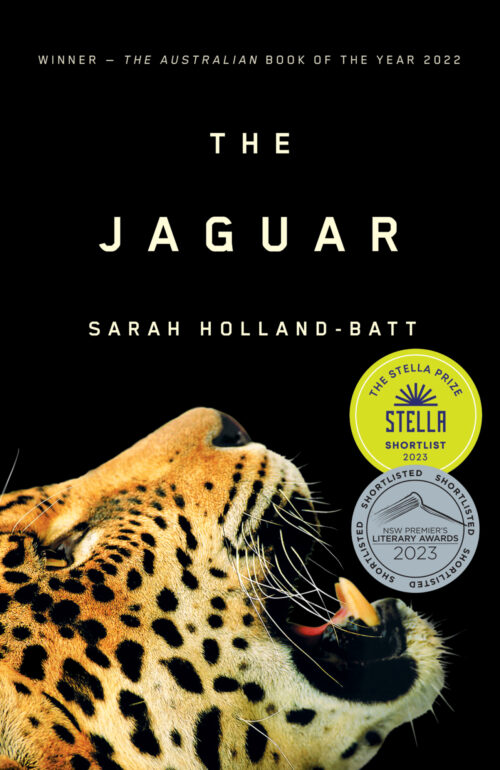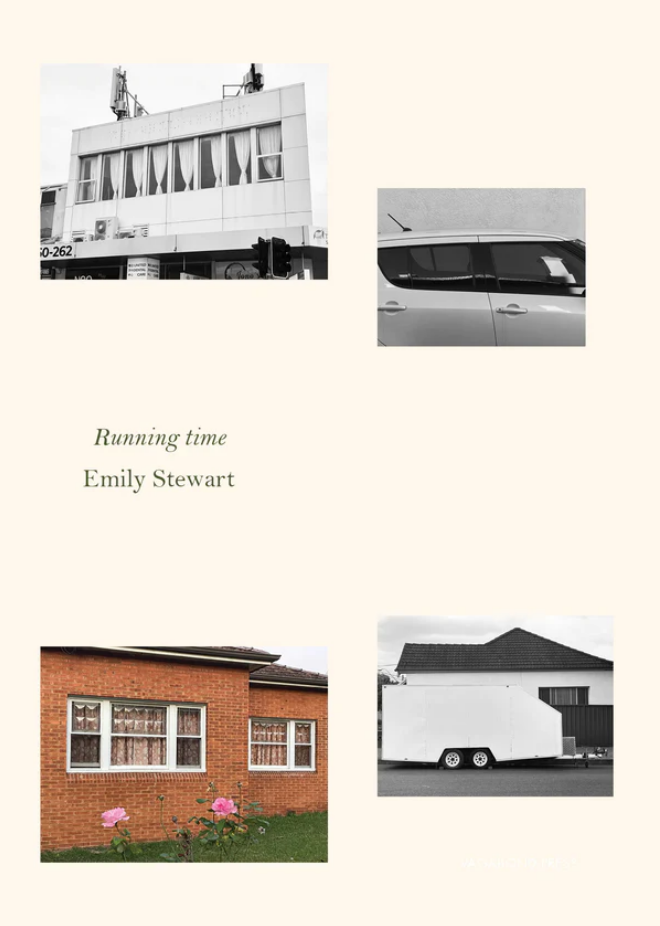BOOK REVIEWS
Tim Loveday Reviews Madison Godfrey and Caitlin Farrugia
Madison Godfrey’s 2023 collection of poetry is, as the cover and title imply, like staring into a mirror to find only the arm that holds it up – a dress rehearsal for a made-self that is trying to find its way towards an exciting and liberated life in a cis-gendered, heteronormative world.
D. Perez-McVie Reviews Luke Beesley and Caroline Williamson
We were all children once, but some of us more than others. In the Photograph (Giramondo Publishing, 2023) is Luke Beesley’s sixth book of poetry. Time Machines (Vagabond Press, 2023) is Caroline Williamson’s first collection. Children are central to both books. The speaker has a son in lots of Beesley’s poems, and Williamson’s has at least one kid present, too. The poets themselves were children once.
Jennifer Compton Reviews Peter Boyle and Izzy Roberts-Orr
First, I salute Vagabond Press – its progenitors, its long-time toilers in the vineyard of poetry, its patrons, its cheer squad, and those who work in the shadows. Any small press, surely, is a hub of more-or-less willing volunteers. It is very expensive, in all sorts of ways, to make a book. Count the cost. But year after year after year, since 1999, Vagabond Press has been turning aside from the multifarious, ever-present griefs of the world, and privileging poetry.
Sam Ryan Reviews Mitchell Welch and William Fox
Definitions of fiction and non-fiction are slippery. Each contains elements of the other; fiction can be based in non-fiction and non-fiction can include elements of fiction. Reportage, a non-fiction genre which is, by definition, based in truth still contains moments of fiction – not everything you see on the news is true.
Dior Sutherland Reviews Claire Miranda Roberts and Stephanie Powell
Two paths unfold. The first, a cut through a mathematically precise study where landscape meets self, transposed over the growth patterns of flora. The second, an expansive suburban saunter through a treatment of identity and memory of place, plotted cartographically. These pathways have names: Claire Miranda Roberts’ Kangaroo Paw; Stephanie Powell’s Gentle Creatures.
Toby Fitch Reviews Catherine Vidler
In the late Catherine Vidler’s first full-length collection of poetry Furious Triangle (2011), a brilliant book of poems using regular old words, the spores to Vidler’s entirely wordless visual poems can be found. There are experiments in the microscopic, such as through anagrammatic play and her ‘20 one-word poems,’ the latter of which highlights the contradictory and proliferative meanings within single words.
Will Druce Reviews Jake Goetz and Michael Farrell
Saturated in a droll but kind and sparkly ennui, Jake Goetz’s volume, Unplanned Encounters (2023) reaches out a cigarette-butt holding, soil and spider-web covered hand and invites readers to confront dislocation, catastrophe, doom, ecocide, and the deeply unsettling mutilations/morphology of post-colonial settlement.
HYPERTHYROIDISM: Lucy Van Reviews Shastra Deo and Dominic Symes
I spent much of 2023 inadvertently giving Shastra Deo’s The Exclusion Zone the silent treatment. I felt, for reasons now irrelevant, consigned to my own bathetic exclusion zone, as if the book were a forbidden, inaccessible text. So exclusive: as if to read The Exclusion Zone would be in violation of the text’s manifest function.
The Overview Effect: Nicola Williams Reviews Paul Munden and Peter Bakowski
In the music library at the Barbican Centre in London, the walls are lined with symphonies and sonatas, rigoletti and reference books for jazz and opera. Two men gossip about a composer. A man wearing headphones is silently learning the piano. His teacher, a woman with a grey bob, sits next to him at the electric keyboard and nods.
Jennifer Mackenzie Reviews Grace Yee and Adam Aitken
“The limits of my language are the limits of my world.” During the excitement of multiple events and literary get-togethers at the Ubud Writers Festival this year, the Indian poet, Sudeep Sen, brought to my attention Wittgenstein’s well-known quotation from the Tractatus of 1922. It seemed particularly apt as multiple languages, overheard in the daily comings and goings around festival sites, lit up many a conversation.
Caitlin Maling Reviews Dennis Haskell, Maree Dawes, Amy Lin and Miriam Wei Wei Lo
It’s a flourishing time for Western Australian poetry and publishing. We have seen the well-publicised launch of Terri-Anne White’s press Upswell (responsible for Scott-Patrick Mitchell’s 2023 Prime Minister’s Literary Award’s shortlisted Clean) as well as the retention and success of UWA Publishing (who are currently bringing us the collected works of John Kinsella), while existing houses Magabala Books (home to Charmaine Papertalk Green, Ambelin Kwaymullina, and Elfie Shiosaki) and Fremantle Press (Andrew Sutherland’s 2022 Paradise: Point of Transmission having just been shortlisted for the Small Press Network Book of the Year) go strength-to-strength.
Elena Gomez Reviews Broede Carmody and Holly Isemonger
A book-length poem can offer the best of two worlds: the thematic and spatial breadth and depth of an epic-style length on the one hand, the delineation of units and fragments via the physical space of the page on the other. The poem can be read as one long piece, but also becomes chunks, giving the reader gentle permission to find their own flow without the designation of titles or sections.
Keri Glastonbury Reviews Grace Heyer, Panda Wong, Rory Green and Siân Vate
Slow Loris Series 1 slouched onto the scene back in 2018, as a Puncher & Wattmann chapbook series edited by then Newcastle-based (now Bega-based) poet Chris Brown. Akin somewhat to the EP, the slew of titles now accruing on the website remind me of browsing through record bins as an adolescent: Daniel Swain’s You Deserve Every Happiness, But I Deserve More (Series 2, 2019) or Duncan Hose’s Testicles Gone Walkabout (Series 3, 2020) give an indication of the pith and pitch of this welterweight form.
Elese Dowden Reviews Rebecca Hawkes and Claudia Jardine
In her Cordite essay “What Blooms Beneath a Blood-Red Sky: A Year in Aotearoa Poetry”, Rebecca Hawkes, author of Meat Lovers writes: “Poetry is so hot right now, the bright young rhapsodists proclaim (if largely to a devoted audience of each other). Are we just saying, we’re hot now, evidencing the glow-up since high school, the already-anxiety of what it will mean for our newness to fade when we’ve truly emerged and the first-book fetish fades?”
Christopher Brown Reviews Pam Brown and Nicholas Powell
The last poem of Pam Brown’s Stasis Shuffle, ‘(fundamentals)’ begins with the lines: “make a distinction / between imagery / & reality” (103). As much as the distinction in question evokes the verisimilitude of the fake, a need to separate unreliable image from truth, Stasis Shuffle’s interest in reality and authenticity goes deeper.
Will Druce Reviews Michael J. Leach and Theodore Ell
Published by Recent Work Press in 2022, the following two debut collections of poetry I’ve had the pleasure of spending time with are both stylistically and gestationally distinct from one another. Natural Philosophies by Michael J. Leach is an eclectic mixture of poetic experiments that nobly attempt to marry science and medicine with art and poetics. Theodore Ell’s Beginning in Sight, gracefully vintaged in its composition and heavily focused on the primacy of the visual, is a haunting and considered meditation on time as it unfolds beneath the eye.
Nathanael Pree Reviews Mitch Cave and Rebecca Cheers
Your house burns down. You reconstruct yourself in elements. It’s how you emerge into a new world of coherence, through gathering and articulating the fragments. Your body merges with others: you are fluid and combustible at once. You dispense with time and exist in multiple layers of space. You evolve from the fire. A final resolution remains out of reach.
Eva Birch Reviews Foxstruck and Other Collisions by Shari Kocher
When I first read this book, I was taken aback by all the foxes, deer, and horses. These types of animals seemed cringy, stereotypical, Disney. Why isn’t she talking about kangaroos or koalas? I thought. Native animals have more weight, more depth, more inflections. After reading it again, I realised it was me being cringe, pretending as if colonisation didn’t happen, as if I wasn’t white—a little princess—as if I wasn’t really a person and I didn’t really exist.
Marion May Campbell Reviews Rose Hunter and Nellie Le Beau
Both these strikingly strong recent poetry publications Body Shell Girl and Inheritance, from Australian poets of feminist inflection, deal at least in part with North American and Canadian experience. While Rose Hunter navigates with a highly effective, raw, and unsentimental diction her often traumatising experience as a sex worker in Toronto and Vancouver, Nellie Le Beau practises an innovative and, at times, a more radically challengingly poetics to send reader perception veering into uncanny encounters with our places in space-time.
Nicole Rain Sellers Reviews Marjon Mossammaparast and Simon Tedeschi
In And to Ecstasy and Fugitive, Marjon Mossammaparast and Simon Tedeschi testify to psychic realities concurrent with place, realities that overflow Australian and international borders. Both books hinge on altered states of consciousness. Both are arranged in segments self-described as “pastiches” or “fragments” (Tedeschi 20; Mossammaparast 87).
Angela Costi Reviews Anita Patel, Denise O’Hagan and Penelope Layland
Since 2015, Recent Work Press has published a consistently high standard of poets with years of accomplished adventure including Paul Hetherington, Peter Bakowski, Anne Casey, Damen O’Brien, Phillip Hall, Anne Elvey, Jennifer Compton, Rico Craig, Heather Taylor-Johnson, Cassandra Atherton, Jen Webb, Adrian Caesar, and so many others.
Jennifer Compton Reviews Sarah Holland-Batt and Gavin Yuan Gao
Both of these considerable books, The Jaguar by Sarah Holland-Batt and At the Altar of Touch by Gavin Yuan Gao, arrived into my hands, out of their padded envelope, with all of the gravitas of prize-winners. They are, both of them, winning books—they shine with sincerity and reach and craft—and they won me over with minimal resistance on my part.
Toby Fitch Reviews Running time by Emily Stewart
Emily Stewart is the author of numerous chapbooks, including Like and The Internet Blue. Her debut poetry collection Knocks (Vagabond Press 2016) won the inaugural Noel Rowe Poetry Award and reflected an assuredly varied approach as it experimented with multiple voices (not just in monologues but polyphonic within poems), erasure as a feminist poetics (with homage-like condensations of Lydia Davis, Helen Garner, Susan Sontag, Clarice Lispector and more), post-digital affect (extracting poetic value from online idioms in particular, though sometimes overwhelming the poetic value), all while interleaving themes of climate change, the cost of living, and more in an exploration of what it means and feels like to live in so-called Australia in the Anthropocene.

